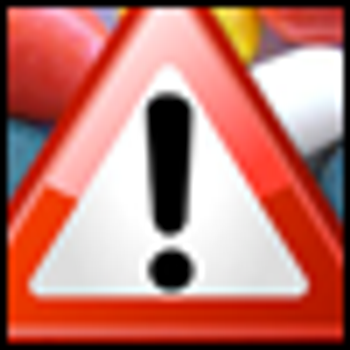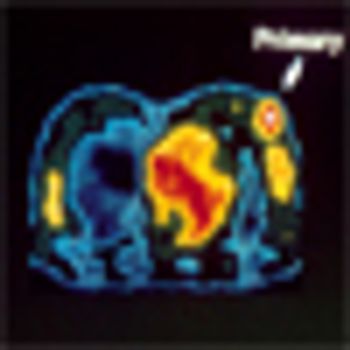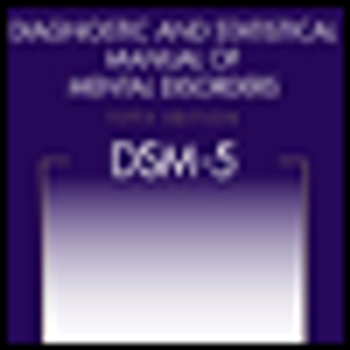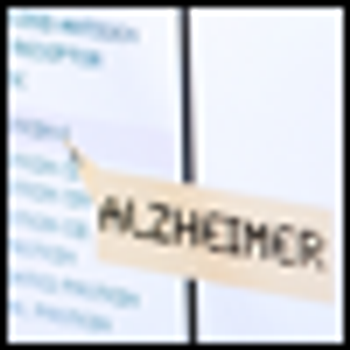Articles by Allen Frances, MD

John Ioannidis, MD, of Stanford University has published a paper with wide implications for medicine and also for psychiatry. He finds that many influential studies have made exaggerated claims purporting to find connections between biomarkers and medical illness.

I just received a very important email from Dr Dayle Jones who chairs the DSM-5 Task Force of the American Counseling Association (ACA). The ACA has provided a much needed wake-up call for the American Psychiatric Association.

A charismatic psychiatrist, Patrick McGorry has recently gained heroic status. First he was chosen to be Australia's Man Of The Year. Now, he has convinced the Australian government to spend more than $400 million over 5 years to fund his plan for a nationwide system of Early Psychosis Prevention and Intervention Centres.

A large and comprehensive study recently performed in Korea has produced a surprising and disturbing result. The rate of autism is reported to be an astounding 1 in 38...

Attention Deficit Disorder is now two or three times more common than it was just twenty years ago. A recent study reported that a whopping 10% of kids in the general population would qualify for the diagnosis. There has also been an incredible explosion in the use of medication in treating it.

Psychiatry is a wonderful specialty. We have highly effective medication and psychotherapy tools. Forty years of accumulated clinical research have given us a pretty clear idea of optimal treatment guidelines. With an accurate diagnosis and an appropriate treatment, most of our patients benefit greatly and many recover completely.

The proposal to include "coercive paraphilia" as an official diagnosis in the main body of DSM-5 has been rejected. This sends an important message to everyone involved in approving psychiatric commitment under Sexually Violent Predator (SVP) statutes.

Rape is always a heinous, ugly, violent, and cruel crime. But the violence and cruelty that are part of all rapes should not be confused with the specifically motivated violence and cruelty that distinguish sexual sadism...

The personality proposals are certainly not the most dangerous part of DSM-5-but they do win the prize for being absolutely the silliest. They offer a riot of impossibly intricate detail with a level of complexity that could never be of any use in any real world setting.

Aside from its reckless proposals for dangerous new diagnoses, the most characteristic thing about DSM-5 has been its remarkably poor planning and its consistently missed deadlines.

The Alliance for Human Research Protection is attempting to draft me as an unwilling soldier in its dangerous campaign to discredit psychiatry and to discourage psychiatric patients from staying in treatment and taking medication.

The New York Times of February 14 carries the disturbing news of an alarming increase in deaths from accidental overdose among our active duty military personnel and our war veterans.

In previous blogs and papers, I have done my level best to skewer the misuse of the misdiagnosis "Paraphilia NOS." I regard it as no more than a flimsy justification, concocted to allow the psychiatric incarceration of rapists who would otherwise have to be released from prison to the street.

I was asked three interesting questions by a psychologist with 15 years experience evaluating sexually violent predators. She has testified often--both for the prosecution and for the defense in the hearings that determine the legitimacy of involuntary psychiatric commitment under SVP statutes.

A DSM critic, Andrew Hinderliter sent this perceptive email questioning the wisdom of the most fundamental decision we made in preparing DSM IV-- ie, our goal of keeping the system stable.

Gary Greenberg, PhD is a psychotherapist, author, teacher, and historian of psychiatric diagnosis. His writings are characterized by penetrating insight, elegant wordsmithing, entertaining story telling, and a dig-deep, no-holds-barred search for underlying meaning.

There have been three positive developments. The rest of the DSM-5 news continues to be extremely worrisome, and time is running out.

The recent mass murders in Arizona are the latest in our country's epidemic of horrible, hate inspired crimes. The 24/7 media punditry and political spinning has been disappointingly off point in a way suggesting that once again we will learn nothing from our mistakes and that such tragedies will continue to recur with distressing frequency.

Last week, I had a brief, but heated debate with a friend who is on the DSM-5 Task Force. He is strongly supporting a proposed new diagnosis for DSM-5 that I oppose just as strongly.

The New York Times of Dec 20,2010 carried an alarming story. It seems that during the past decade, college students have suddenly become much more mentally ill.

Many people associated with DSM-5 have privately expressed their serious doubts to me, but felt muzzled into public silence by constraining confidentiality agreements and loyalty to the process.

December 17, 2010 was a special day in the history of psychiatric diagnosis. Bob Spitzer retired after a remarkable 52 year career.

We are delighted that you have appointed a DSM-5 Scientific Review Work Group and charged it with assessing the quality of evidence supporting the DSM 5 proposals.This is great news, probably the last hope to weed out proposals that could do great harm to the Association, our field, and to our patients.

The ideal field test would study how the diagnostic manual will eventually perform under conditions most closely approximating its future everyday use. The goal is to avoid unpleasant surprises in translation from what has been written on paper to what is practiced in real life. No field test can ever approach the ideal.

Eventually, DSM-5 will be a rushed patch-work. The only hope for a usable DSM-5 is for the Trustees to exert their authority to correct an errant process. But they will act only if there is mounting outside pressure and widespread public concern.

The DSM-5 Work Group that first suggested the inclusion of “Psychosis Risk Syndrome” has halfway come to its senses. It has dropped this stigmatizing name in a last ditch repackaging effort to salvage the proposal.

We can take one further step toward finding common ground in my ongoing debate with Drs Pies and Zisook.

The most disturbing turbulence at the boundary between psychiatry and the law is the misuse of a makeshift psychiatric diagnosis to justify the involuntary, indefinite psychiatric commitment of rapists. This is a disguised form of preventive detention and an abuse of psychiatry.

Before jumping the gun to a premature and potentially harmful diagnosis, why not watchfully wait a few more weeks to determine if the grief is severe and enduring enough to warrant the label of mental disorder.

The furor surrounding the recently proposed Alzheimer's Guidelines was provoked by their premature attempt to introduce early diagnosis, well before accurate tools are available. The same laudable, but currently clearly unrealistic ambition has propelled two of the worst suggestions for new diagnoses in DSM-5: Psychosis Risk and Mild Neurocognitive.






















